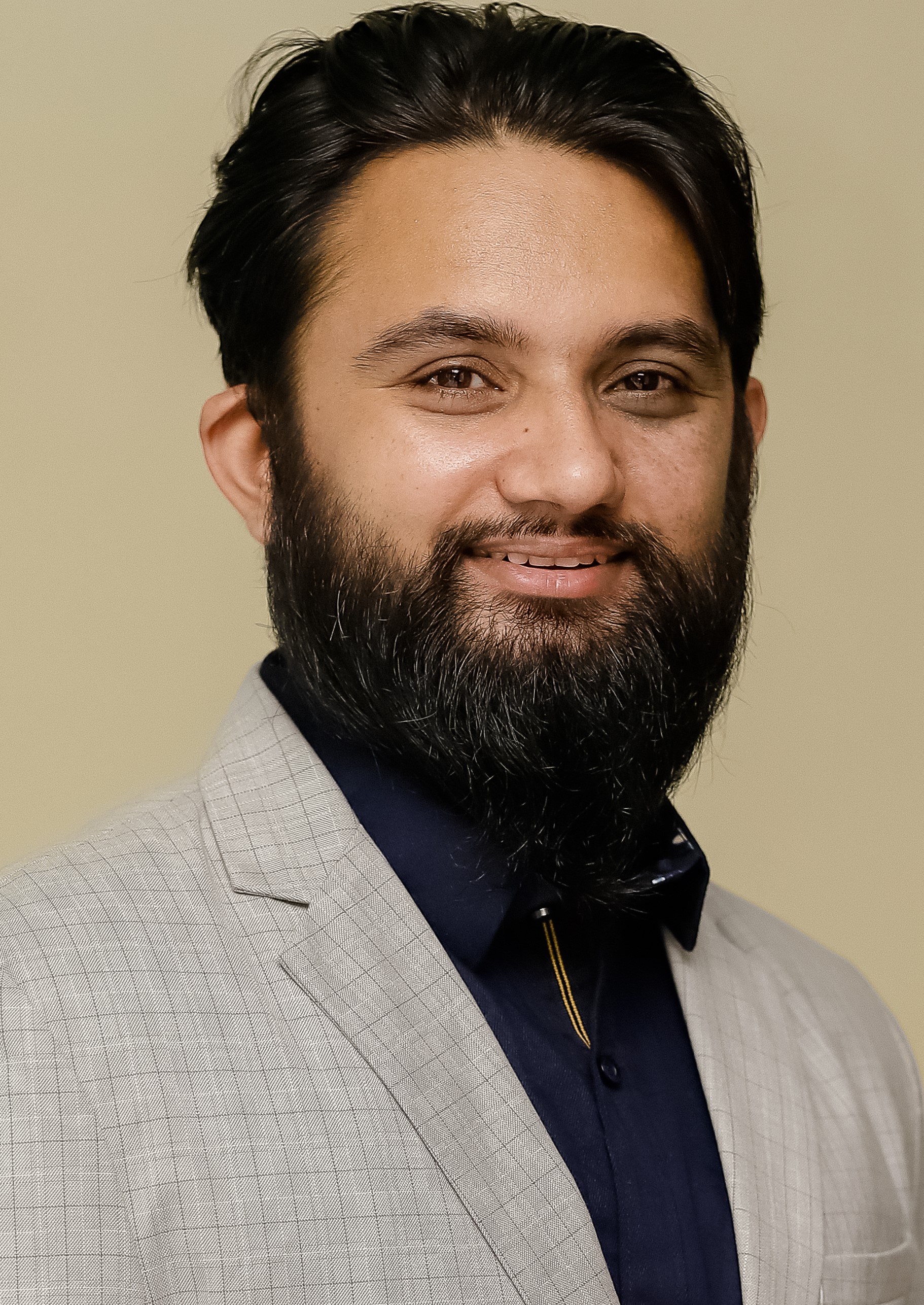Mind Matters | Belittled by parents
Question
I'm an 18-year-old female student from a middle-class family. I live with my parents and my older brother. As the youngest family member, my parents always tell me to compromise and understand things. I have to agree with everyone and if I mess up, I get reprimanded. It feels like my family think of me as an incompetent person. Nothing I do is good enough. There are frequent arguments in my family on my account. I am finding it increasingly difficult to stay at home. I want to escape. What should I do? —A.K.
Answer by Kapil Sharma, Counseling Psychologist at HUDEC Nepal
I appreciate you sharing what you have been going through emotionally. It seems like you're struggling with emotional dysregulation, and there’s a problem with the association and coping with your family. You're apparently struggling to regulate your own emotions. If you can regulate your emotions, you can communicate and cope with things better.
One of the causes for your current thinking could be negative self-talk, which may in turn lead to low self-esteem. You may be feeling that the reason behind your parents expecting you to compromise is because you’re the younger one. The other reason could be mental filtering. You may only be getting the negative parts of your parents’ remarks. Or it could be your habit of jumping to a negative conclusion.
I advise you to start by making a list of things your parents have called you out for. Find out what particular instances or things have made you feel incompetent and belittled. Make a self-inquiry and figure out whether the things you have included in your list are valid concerns. Are you really incompetent and someone who can never do things right? Ask yourself.
If the answer is yes, then you need to work to be better at the things you do.
If the answer is no, you should change the way you think of yourself. Communicate your feelings with your family, or a family member you feel the closet to—your brother, mother, or father. You can also talk to your close friends, cousins or relatives.
You can also work on self-care. Proper eating, sleeping, journaling, meditating, anything that you love doing can also help. Doing things you love leads to self-love, and self-love leads to self-worth. You can keep a journal to track your progress. Practice positive affirmation with yourself and your achievements.
If you have already tried communicating and it didn’t work, you can seek help from a therapist.
Mind Matters | Fear of the dark
I’m a 20-year-old female who is afraid of the dark. When I’m alone in a dark room or a closed space, I get extremely scared. I always sleep with the lights on, but then again I struggle to fall asleep in a bright environment. If I force myself to sleep in the dark, I get sleep paralysis. I went to the doctor and I was prescribed ‘Clonazepam’ for a week. When I took the medicine, I fell asleep sooner and I didn’t get scared. But after a week, it all started again. —SK

Answer by Dr Rishav Koirala, Psychiatrist at Grande International Hospital
First, the information you provide here is limited, and we need more detail to exactly know what it is that may be causing your problem. It appears you are suffering from fear of the dark, also known as nyctophobia.
With phobias, there are many features that align with anxiety. It can lead to anxiety disorder, thus, your anxiety needs to be checked by a specialist to provide medication accordingly.
Sleep paralysis could be an outcome of anxiety and stress. You may be putting yourself in a stressful and anxious state when you force yourself to go to sleep in the dark. So your phobia may be the reason for the sleep paralysis.
On a personal level, you can practice anxiety-relieving techniques like mediation, stretching exercises, yoga, cardio, aerobics, etc. Also try to avoid coffee if you are a coffee drinker, because it can trigger anxiety and lead to sleep disturbances.
There are specific treatments designed to cure this and medication is one of them. Clonazepam is prescribed as a short-term anxiety medication, and it won’t help you in the long run. So you cannot depend on it.
There are also therapies for phobias. There is the exposure therapy, where you’re made to face your fear using different techniques. It is different from facing your fear on your own which might be traumatic.
So visiting a psychologist or a specialist is the best thing you can do right now to calm your anxiety and to face your fear.
Mind Matters | My quiet daughter
Query
“I’m a 36-year-old mother to a 13-year-old girl. I am worried about my daughter as she barely talks to anyone. At home she remains cloistered in her room, and her teacher says she is quiet at school too. I initially thought this was just a brooding teenage phase. But it has been going on for almost four months now. I took her to a counselor, to no avail. She has become extremely reticent and doesn’t trust anyone with her thoughts and feelings. I’ve tried talking to her, but it’s like hitting a brick wall. She won’t let anyone in. I’m afraid she is going through something terrible on the inside. How can I help her?” —A concerned mother

Answer by Krishangi, Psychologist at Happy Minds
As a 13-year-old girl, she must be going through a lot. You have to be able to create a space where she feels comfortable opening up and talking to you. Start by letting her know what specific depressive symptoms you have noticed and why they worry you, then ask if she is willing to share how she feels. Listen to her and don’t criticize, judge, or compare her situation with others. If she doesn’t open up, simply let her know that you are there for her and willing to support her.
Don’t give up the first time she shuts you down. You have to be patient and persistent. Teenagers who are the same age as your daughter often have difficulty expressing and understanding their feelings. As a mother, you must constantly reassure her by being there for her. At the same time, you should make sure you are not overwhelming her.
When she tries to open up or share even the smallest thing, take that as a win. Make sure you don’t disregard her feelings or concerns as irrational or illogical. Acknowledge her emotions and feelings to make her feel understood and supported.
If she still doesn’t talk to you, reach out to someone (her cousins, friends, teachers, or anyone she seems to trust) whom she does talk or listen to. The important thing is that she talks to someone about her feelings. Also, reach out to her school and find out about her friend circle—if they are using certain comments or phrases that could be contributing to her behavior.
The other thing you could do is spend at least 30 minutes with your daughter, doing things that she likes. You could even help with her daily homework.
Try to get her involved in extracurricular activities she might be interested in, giving her a sense of purpose. Help her minimize screen time, and involve her in more face-to-face interactions. You could also encourage her to invite her friends over.
Sometimes, as a parent, all you can do is let your children know that you are there to listen and offer them support. Your daughter needs to know that she is valued, accepted, cared for and loved.
Mind Matters | Battling midlife crisis
Query
I'm a 41-year-old married man with two small kids. Lately, I have been feeling empty and unfulfilled. It’s like I’m stuck in between feeling young and feeling old. Hobbies that once made me happy don’t give me any pleasure these days. I also fear my relationship with my wife is failing. We get into arguments more often than we used to. I often think of being unfaithful with my wife even though I love her and don’t want anything to happen to our relationship. I am wracked with guilt and regret. It’s like no one understands me and I don’t know what to do anymore. --- AS
Answer by Kapil Sharma, Counselling Psychologist, HUDEC-Nepal
First, I want to acknowledge that it is okay to feel this way at this stage of your life. Our happiness tracks a U shape in our lifespan. As a kid, we are the happiest at the top. As we grow older, we take on more responsibilities on our shoulders. We reach the point in the U-curve where there is a lot going on in our life and happiness is at its lowest. But as we grow and become more mature, our understanding of life becomes clearer and we learn to become happy again. So, you feeling this way, at this point of life, is normal.
If hobbies don’t give you joy anymore, you can always try something new. It’s never too late to look for what makes you happy in the present, and now is a great time to make a new breakthrough in life. If you feel like doing something spontaneous, just do it.
Also, communication is an important part of getting through a midlife crisis. Try talking to your elders, who most probably have been through the same conflicted feelings like you have. They can help you validate your emotions. Their experience and advice can be comforting. Try talking to your friends as well. Share with them how you have been feeling and listen to them, for they might be going through the same thing.
Talking about your feelings with your wife is the most important thing you can do to improve your relationship. It is likely that she is going through something similar, and just be honest with her about everything. Communicating with one's spouse can strengthen relationships. Your wife can provide you emotional support in times like this. You can also talk to your kids. Share your experiences in a way they understand, and there is no doubt it will comfort you.
Self-reflection and self-awareness are other important factors at times like these. One activity you can do is ‘life auditing’, where you create a lifeline of your life, marking important things that happened to you, decisions that brought a change in your life, your significant experiences—anything that you feel made you the person you are today. It will help you understand if there were any instances that built up to this feeling of emptiness now, and you will know what part of yourself to work on to overcome it.
If things have gotten to a point that it is affecting your eating and sleeping as well as your work, I suggest that you visit a therapist or a psychiatrist.


















